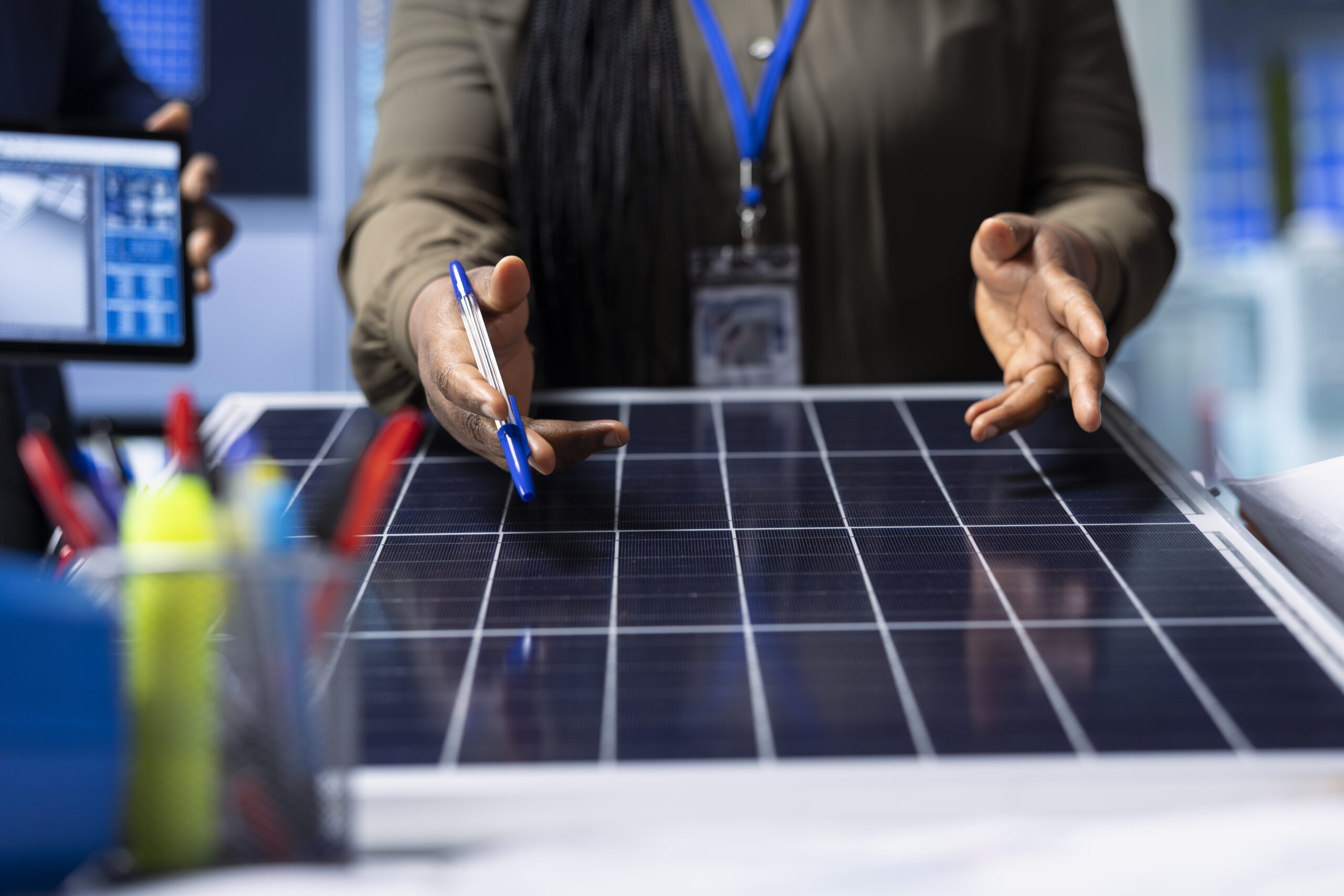
by ayanirfan65@gmail.com | Jul 31, 2025 | Uncategorized
If you’re thinking about going solar, you’re probably wondering:“What’s the actual process like?” Here’s a quick step-by-step to help you feel prepared: Site AssessmentA solar expert visits your home, checks your roof, and reviews your energy needs. System DesignThe...
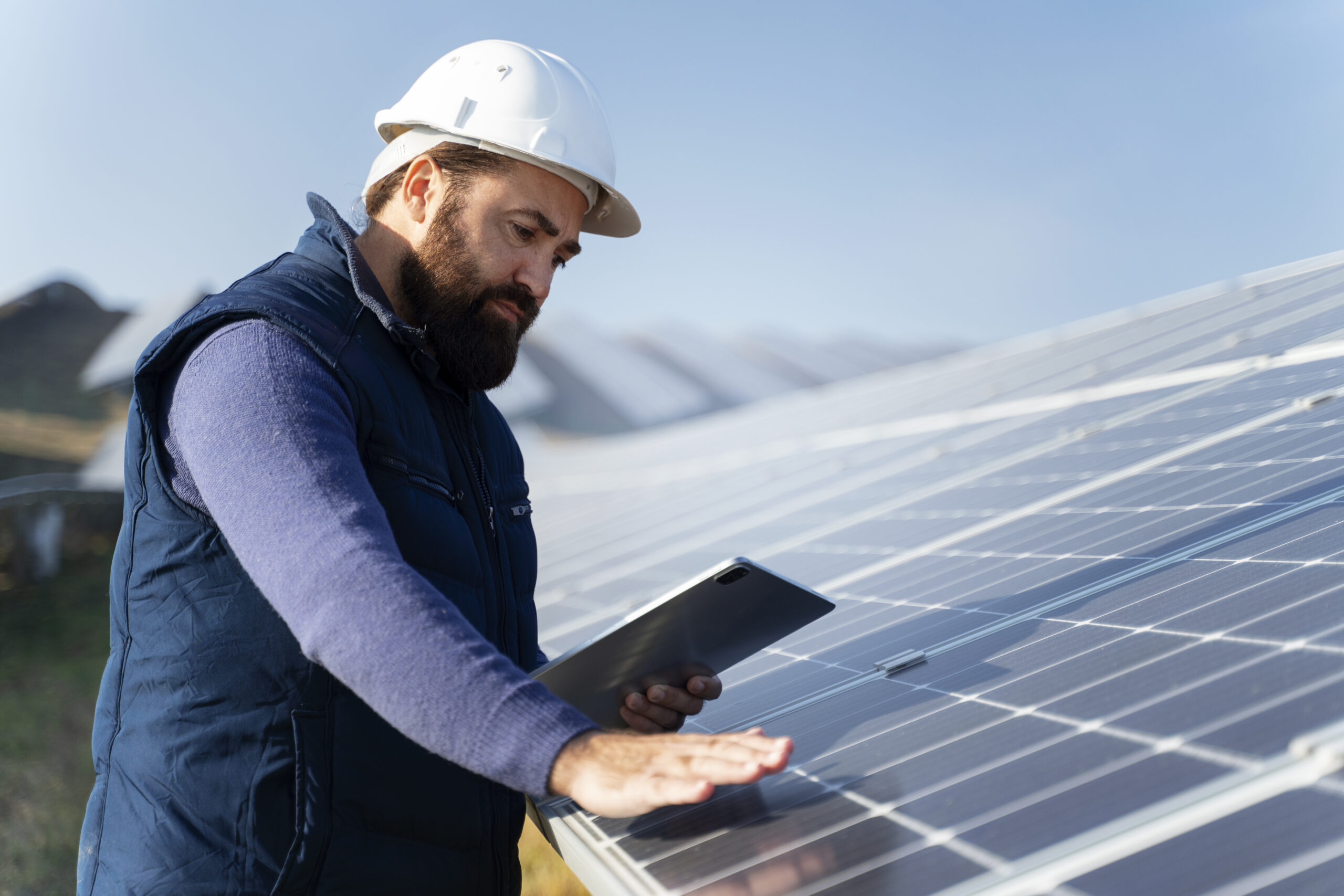
by ayanirfan65@gmail.com | Jul 31, 2025 | Uncategorized
If you move after getting solar panels, you typically leave the system with the house and that’s a good thing. Most buyers see solar as a bonus because it lowers energy bills, boosts home value, and requires no extra work. If your system is fully paid off, it...
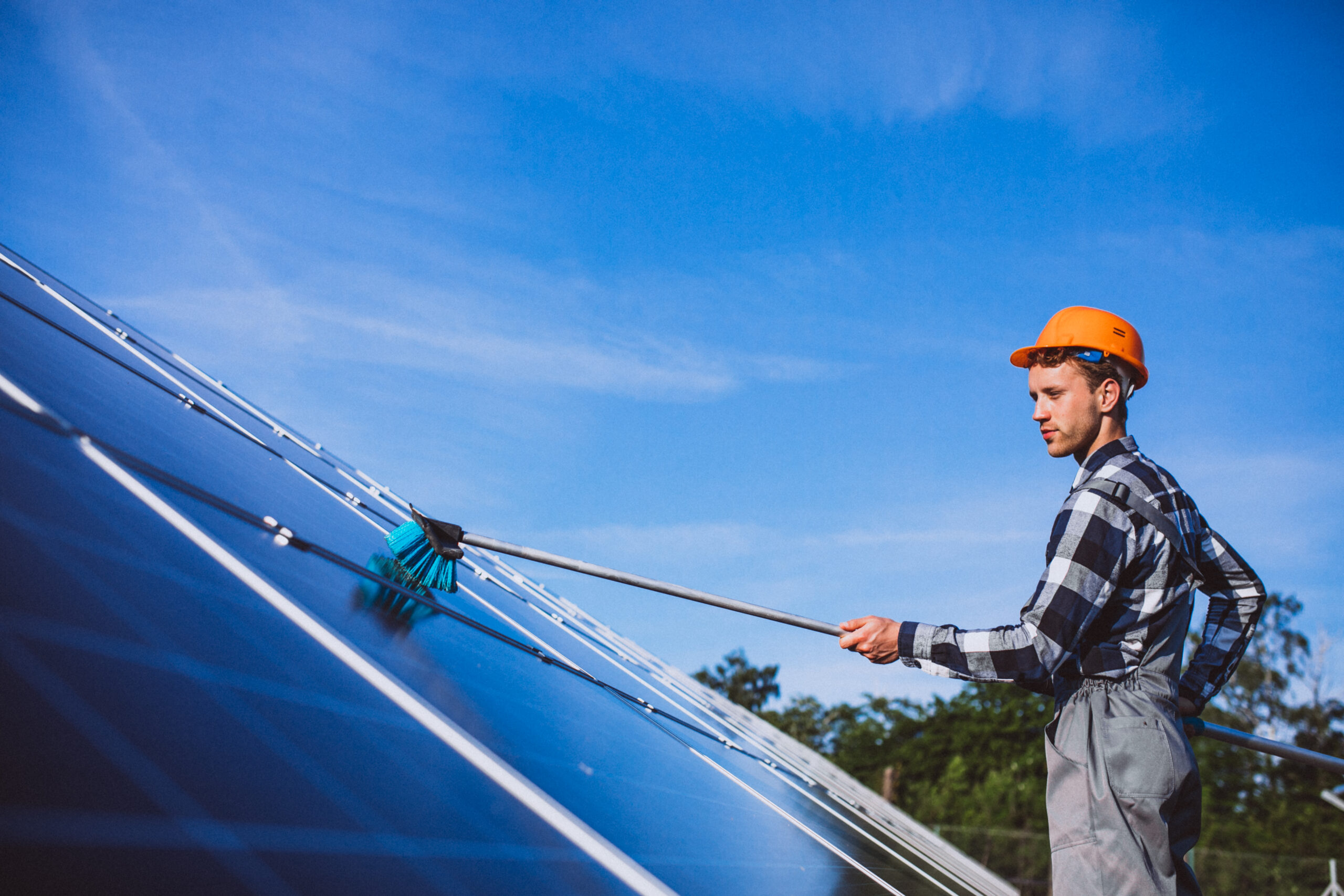
by ayanirfan65@gmail.com | Jul 31, 2025 | Uncategorized
Here’s the best part: solar panels are low maintenance. With no moving parts, they’re basically set-it-and-forget-it. Rain usually keeps them clean, and unless you live in a super dusty or snowy area, you might only need to clean them once or twice a year. Many...
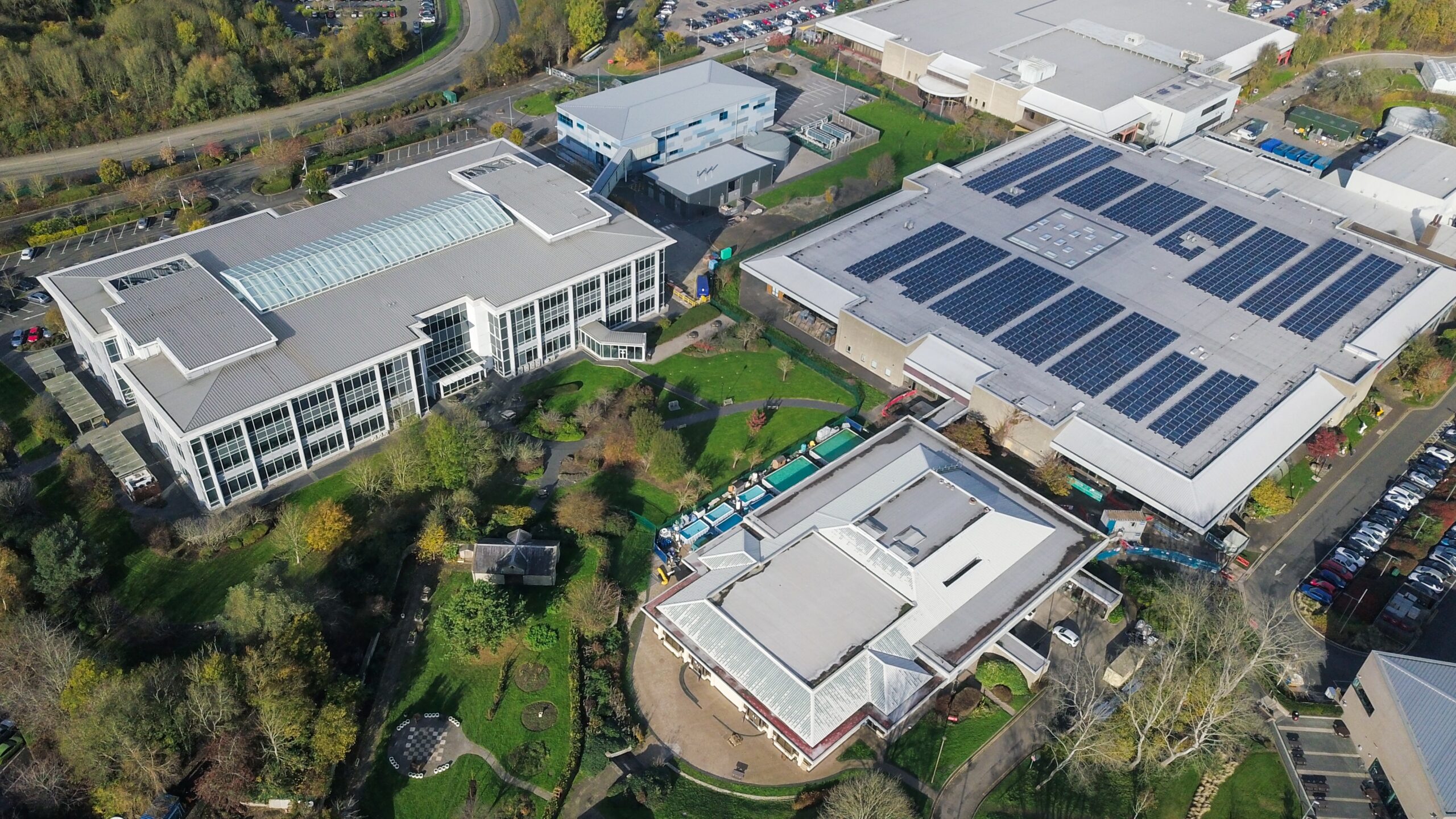
by ayanirfan65@gmail.com | Jul 31, 2025 | Uncategorized
When people think about solar, one of their first questions is: how long does this stuff actually last? The short answer is decades. Most panels are built to last 25 to 30 years and come with warranties to back it up. They lose a tiny bit of efficiency each year, but...
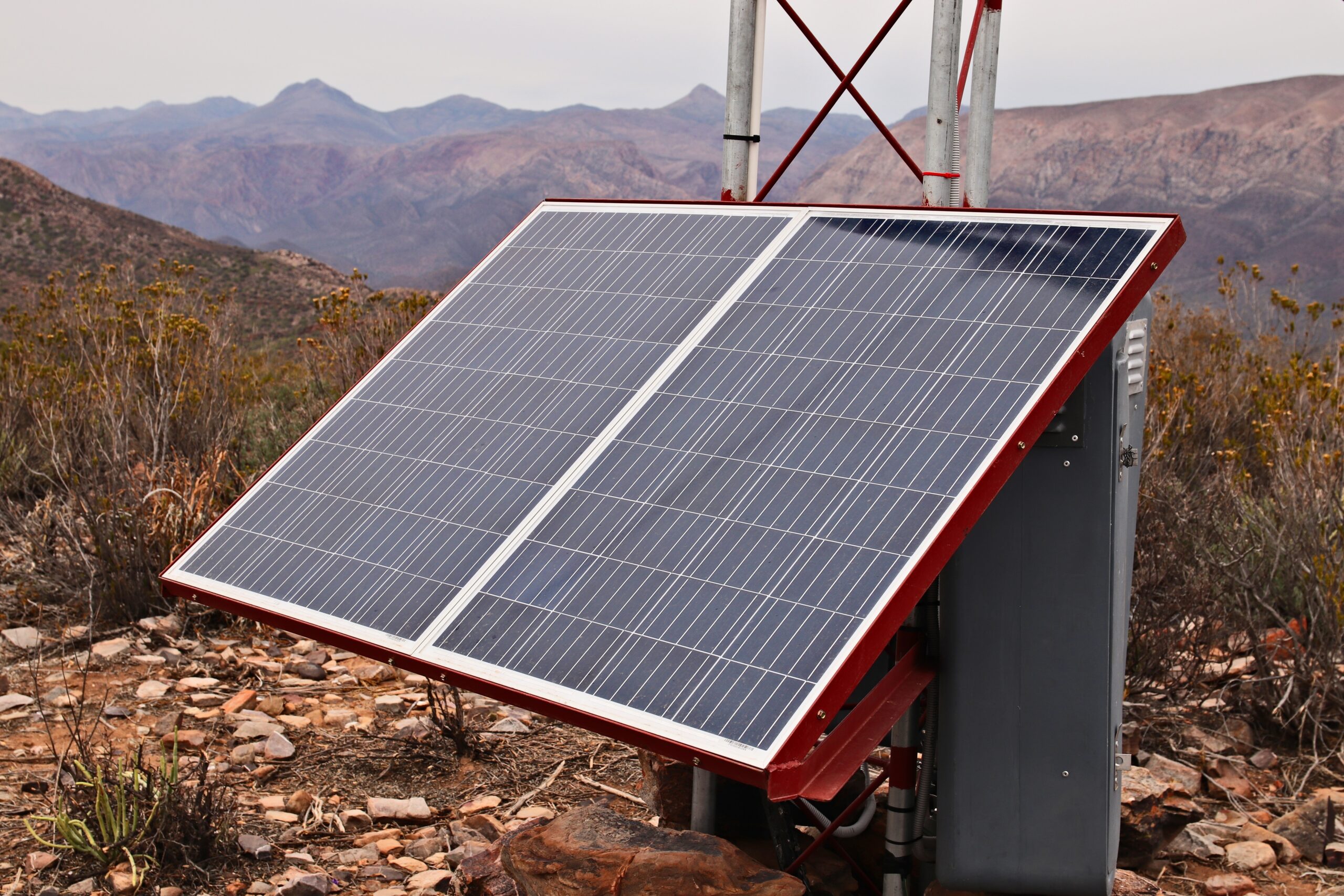
by ayanirfan65@gmail.com | Jul 31, 2025 | Uncategorized
Not every roof is ideal, but most are good enough. What really matters is how much sunlight your roof gets, whether it’s in good condition, and if it has enough space for panels. South-facing roofs with little shade are best, but east and west can work too. If your...

by ayanirfan65@gmail.com | Jul 31, 2025 | Uncategorized
Solar batteries get a lot of hype, but are they actually necessary? If your main goal is to save money, the answer is usually no … .most systems are tied to the grid, so you still have power at night and earn credits for extra energy you produce. But batteries...








